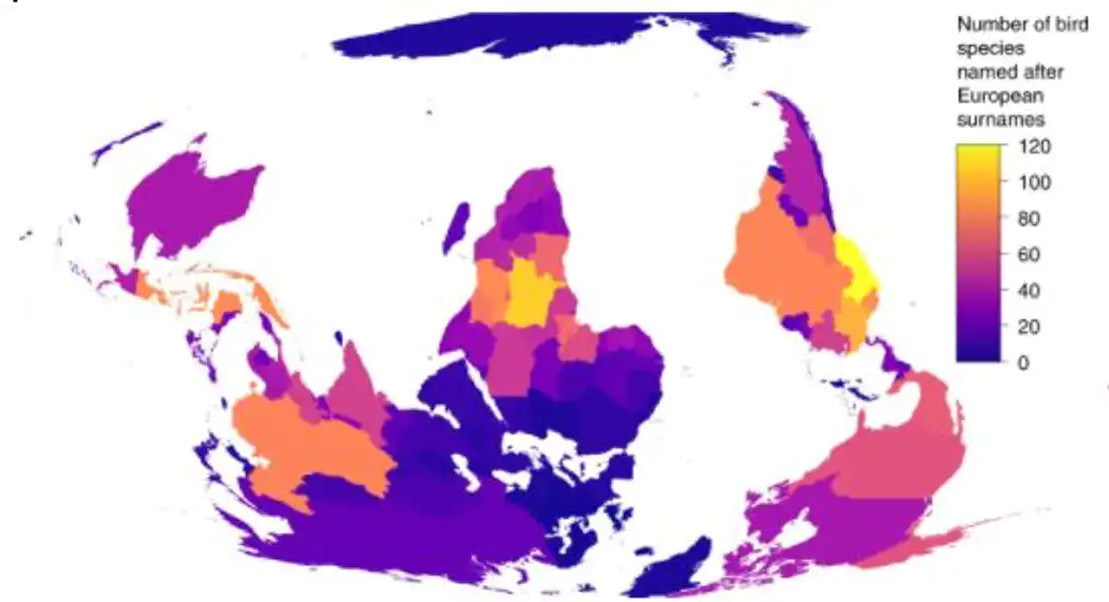By Jess Auerbach, North-West University; Christopher Trisos, University of Cape Town, and Madhusudan Katti, North Carolina State University
The COVID-19 pandemic will change a lot about the way knowledge is produced, especially in the fields of science, technology, engineering and medicine. Social movements such as Black Lives Matter have also increased awareness of significant economic inequalities along racial and geopolitical lines. People have new tools and new ways of working, many of which have heightened awareness of systemic inequalities in everyday life, work and research.
Ecology, the study of the relationships between organisms and the environment, is one field in which knowledge production needs to change. Facing pandemics and climate collapse, the old ways of working in divided silos will not solve challenges between humans or with the earth.
Ecology has developed through a western knowledge production process that has gone hand in hand with extraction, violence and imperialism. Early European explorers and collectors were integral to the systems of colonial land management, and insights from what would become ecology have been used to justify social and environmental control.
Recognizing that science is not free of power and violence is a step towards improving knowledge systems and making them fit for purpose for an inclusive world.
In a recent paper we explore what is needed to change knowledge production in ecology, but our arguments also have further reach. We reflected on ecology as a subject of scientific inquiry and on the research process, and argue that it needs to change.
An approach that continues to center western-trained scientists in understanding the world restricts research and limits ecology’s ability to address environmental crises, because it fails to recognize a diversity of people, knowledge systems and solutions.
From climate and environmental justice to conservation movements and global environmental assessments, including a diversity of worldviews on human–environment relations is necessary for a just transition to a more sustainable world.
Visualizing Colonialism
In our paper we used the graphic reproduced below to show an example of how the growth of western scientific knowledge is rooted in colonialism. This example is about naming birds, but similar graphs could be made for a host of plant, animal and even urban entities. We show the number of bird species named after European surnames, and how there are more and more of these the further one gets from Europe itself.
European “explorers” left their mark not only on the environment, but also in knowledge systems. What the birds were called “before” or by the people living with them was simply not considered. We also pointed out that the way maps have been drawn, with north “up”, puts emphasis on Europe and North America. This is a choice of power rather than necessity. It can change.

We’ve outlined five ways to help change and decolonize ecology. These are: decolonizing minds; understanding histories; improving access to knowledge; recognizing expertise; and working in inclusive teams.
Decolonizing minds: We argue that the minds of researchers, students, academics and activists must be “decolonized” to be open to forms of understanding that do not stem only from western scientific practices. This requires recognizing how language, biography, social networks and exposure give individuals particular understandings of what counts as “knowledge”. These understandings are often as limiting (for example, by being restricted to English) as they are enabling. Opening one’s mind to different frameworks of knowledge is a critical first step.
Understanding histories: The second step is to understand the histories of the places, people, environment and knowledge systems that shape a given field. Each place is particular, and understanding what has happened, between whom, and how, is critical when finding lasting solutions to current challenges. In an era where the humanities are largely underfunded, everyone should defend the need for deep historical knowledge so that we do not repeat mistakes of the past. History itself must show how indispensable it is to every field.
Access to knowledge: This means a commitment to equitable access to knowledge infrastructure such as journals, servers and conferences. It includes attention to exclusionary visa regimes, open access, and sharing.
Recognizing expertise: The western academy has made experts in its own image: largely white, largely male, largely based in the global North. These individuals have proclaimed their expertise and the planet has had little choice but to agree with them, whether or not they understand the realities of other places. We suggest that the idea of expertise needs to be vastly expanded. Today’s “experts” might not have as much power and influence tomorrow. If the systems were working, we wouldn’t need to change them. Yet we see widening inequality, social polarization and environmental destruction all around us.
Inclusive teams: Finally we argue for the practice of ecology in inclusive teams – and diversity in almost any field and process. Mutual translation and co-production at every step of the research process is critical. Biases must be deconstructed constantly. And it helps to recognize how complicated (or “intersectional”) the process is. Inclusive teams need to go beyond surface-level diversity to include individuals with different training, networks and neurological functioning.
We think our five shifts to transform ecology could be helpful to anyone working in university, policy or even corporate environments, and that the insights apply beyond ecology. It’s easy to criticize systems – and we must – but we also need to come up with practical ways to improve them.
This article is republished from The Conversation under a Creative Commons license. Read the original article.
Previously in The Revelator:
Decolonizing Species Names

